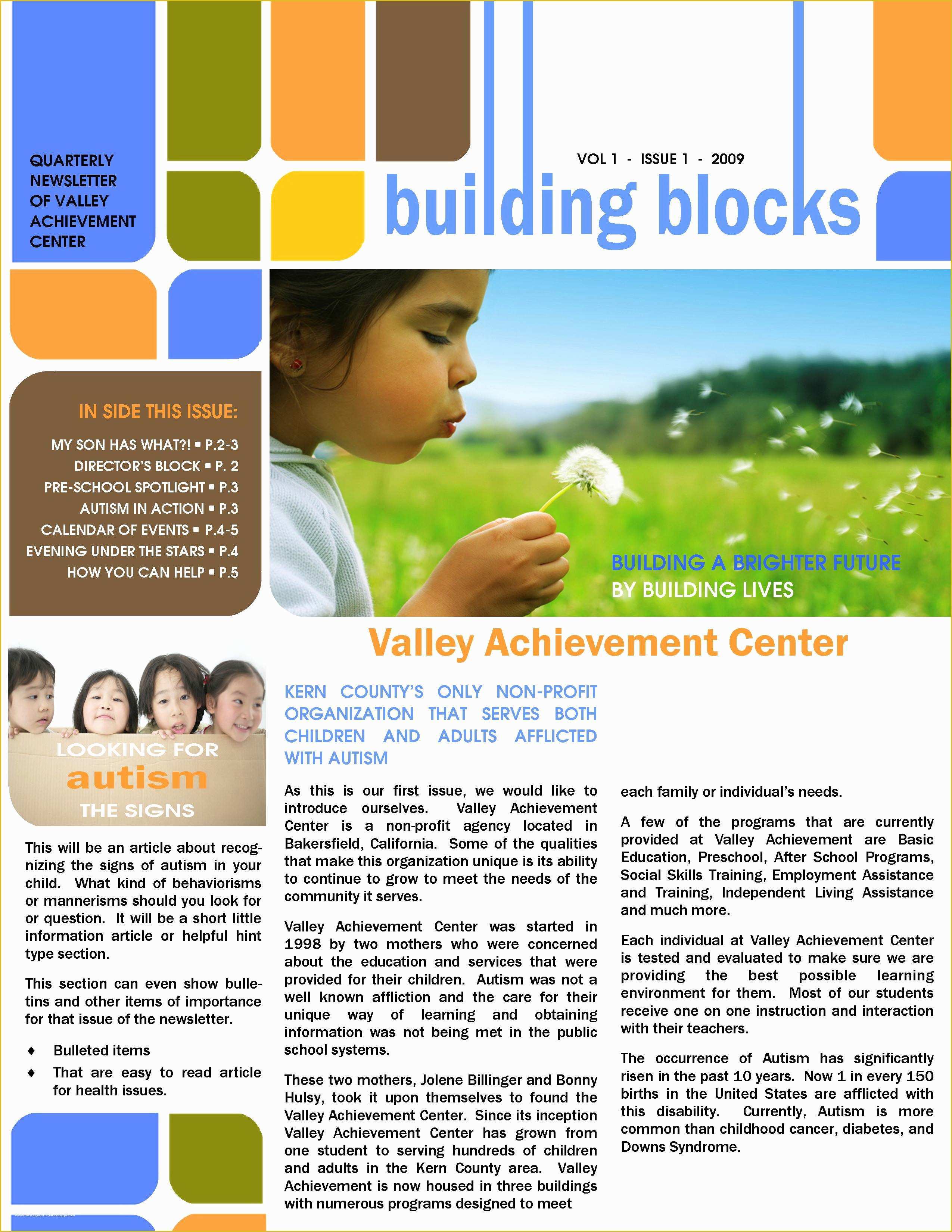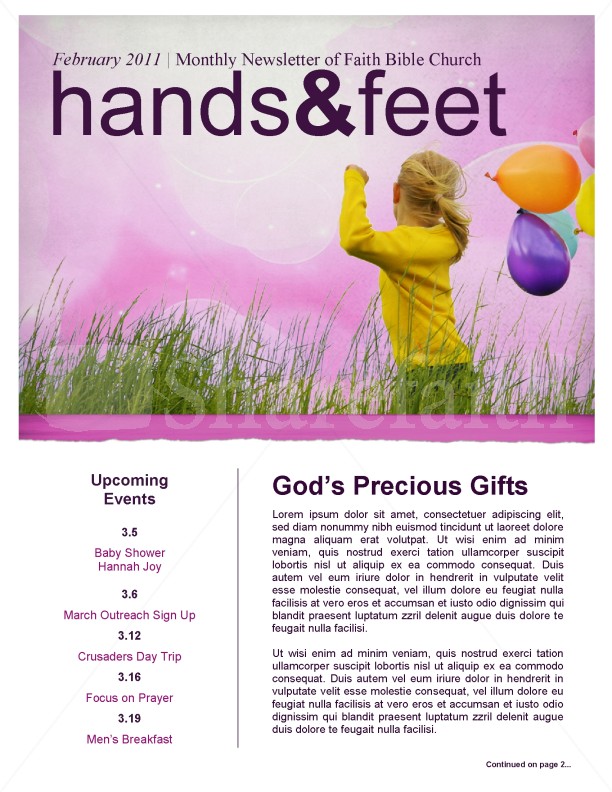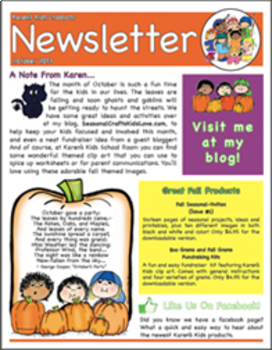
In a recent study, we've shed light on where the reading wheels fall off. Without knowing which building blocks are not being properly established along the way, the government cannot know where to intervene so that children do not fall further behind. It only assesses written comprehension, which is the final stage in a reading journey. The study is conducted every five years and previous results have been useful for identifying learning improvements.īut PIRLS cannot detect where children are falling behind in their reading. In South Africa they are also a transparent metric of the education system's overall performance. The study's findings are a global wake-up call to the effects of pandemic disruptions on children's reading comprehension. The country placed last out of 57 participating countries. This suggests they cannot read for meaning. There has been a great deal of concern in South Africa about how the country's grade 4 pupils fared in the 2021 Progress in International Reading Literacy Study (PIRLS): 81% did not reach the study's low international benchmark. Weaknesses in any of these building blocks will limit a child's ability to read for meaning. Reading fluency and expanding vocabulary act as the bridge from decoding to comprehension. By increasing speed and accuracy in reading, cognitive resources are freed and the child can begin to comprehend what they are reading.

When decoding is a slow, labored process this places demands on cognitive processes like working memory.

These are oral language skills (listening, speaking and knowing how spoken words sound) and decoding skills (knowledge of letter-sound relationships to turn a written word into a spoken word).

A child needs at least two kinds of skills before they can comprehend what they're reading.


 0 kommentar(er)
0 kommentar(er)
